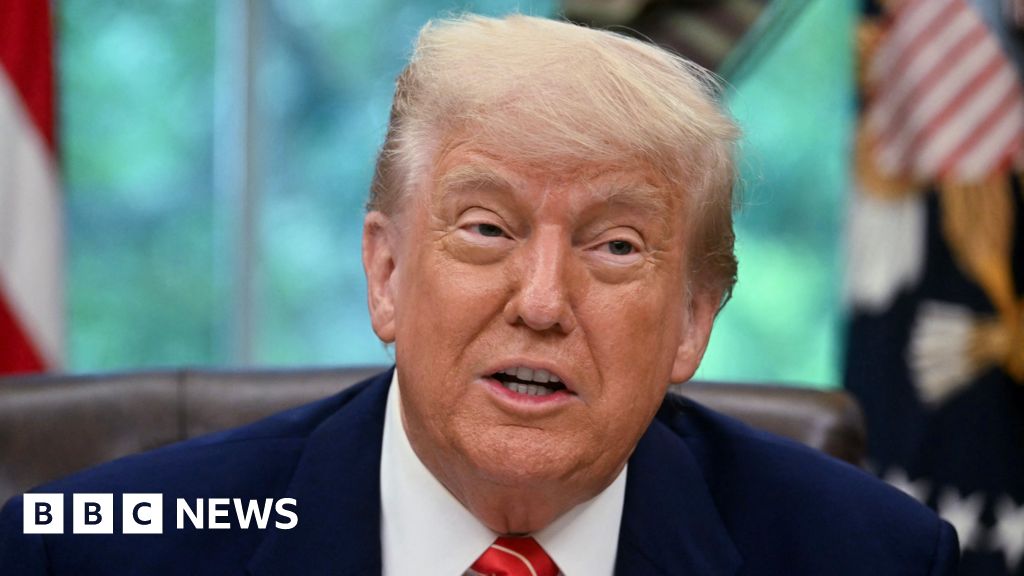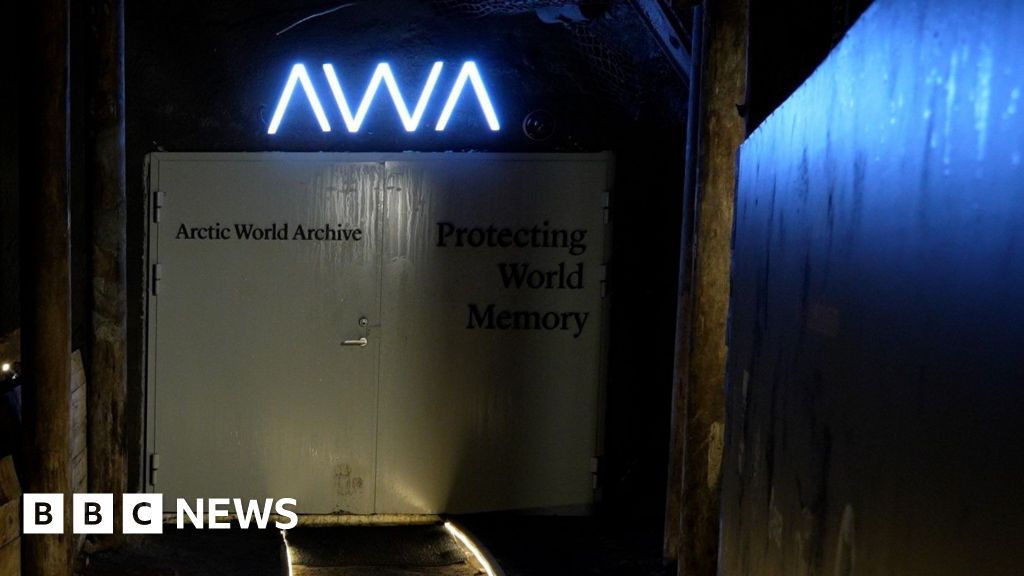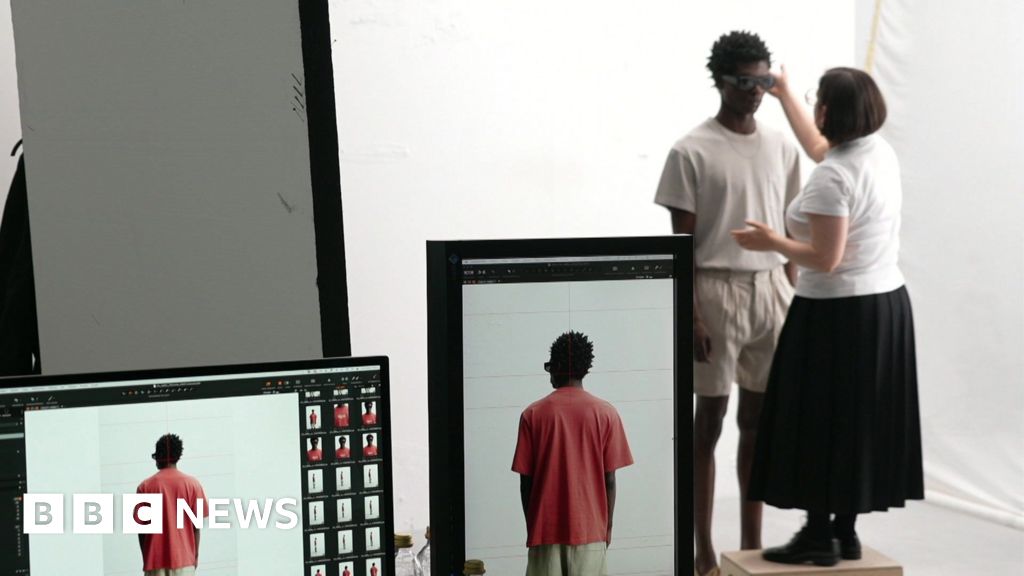ARTICLE AD BOX
Changes to the rules on international travel are expected to be announced by the UK government later.
Ministers are considering scrapping the requirement for double-jabbed people returning to the UK to take PCR tests.
The traffic light system could also be simplified, with the amber list removed entirely.
Any changes would apply to England initially, as the UK's devolved administrations are in charge of their own travel rules.
Meanwhile, the Guardian and the Times have reported that dozens of countries will be removed from the red list - the highest level of alert for international travel which means returning travellers must spend 11 nights in hotel quarantine at a cost of £2,285.
The removal of the amber list from the traffic light system for travel would mean countries would either be placed on the red or green list, where quarantine is not required.
Currently, travellers who are not fully vaccinated are required to quarantine upon returning to the UK from an amber list destination.
Ministers have also been under pressure to reconsider the testing requirements for travellers.
Under current rules, travellers from green list countries must take a PCR test shortly before their return and another on their second day back in the UK.
Airlines UK told the BBC that testing requirements were preventing the UK travel industry from competing with European rivals.
Tim Alderslade, the industry body's chief executive, said: "The question is if not now, when, given most of Europe has already removed them? What exactly would it take and what needs to happen?"
He said furlough support was being removed but the travel sector was not being allowed to fully reopen while restrictions such as this remained.
"We either take this opportunity to pare back these restrictions or thousands of jobs will be at stake and our competitiveness as a trading nation will be further eroded," he said.
image source, Getty Images
Huw Merriman, the Conservative chairman of the transport select committee, said PCR tests were expensive and "putting people off travel" while the rapid lateral flow tests were "just as safe". The NHS charges £68 for a PCR test.
Fully vaccinated people should only need a PCR test as confirmation if their lateral flow test came back positive, he said.
One justification for requiring PCR tests is that they can be used for gene sequencing and tracking coronavirus variants. But Mr Merriman said just 5% of positive tests were sequenced in July.
"Quite frankly, people are being ripped off," he said.
'Perverse incentives'
However, scientists have said there were risks in replacing PCR tests with lateral flow tests.
Dr Andrew Lee, Reader of Global Health at the University of Sheffield, said: "There are perverse incentives to be less truthful if you do the test at home, test positive and then have to potentially pay for another more expensive PCR test and to isolate at home."
He said PCR tests allow variants of concern to be tracked but said it is a "difficult call" about whether they are necessary.
With countries such as those in the EU, there is a greater degree of confidence that variants are being reported and vaccination records are accurate, he said. But he said in others it may be less certain.
David Evans, joint CEO of travel testing company Collinson, said his test centres could easily adapt to using lateral flow tests but he said the government must put in place a system that will endure.
"We've seen so much yo-yoing around with travel test rules, something like 50 different changes with travel test rules since they've come into play, what people are looking for now is simplicity and consistency," he told the BBC.
"If they're putting something in place now, let's make sure they don't change it between now and Christmas, when people are really looking to see friends and family they haven't been able to see for quite some time."
A Department for Transport spokesman said: "Our top priority is to protect public health - decisions on our traffic light system are kept under regular review and are informed by the latest risk assessment from the Joint Biosecurity Centre and wider public health factors."

 3 years ago
78
3 years ago
78








 English (US) ·
English (US) ·